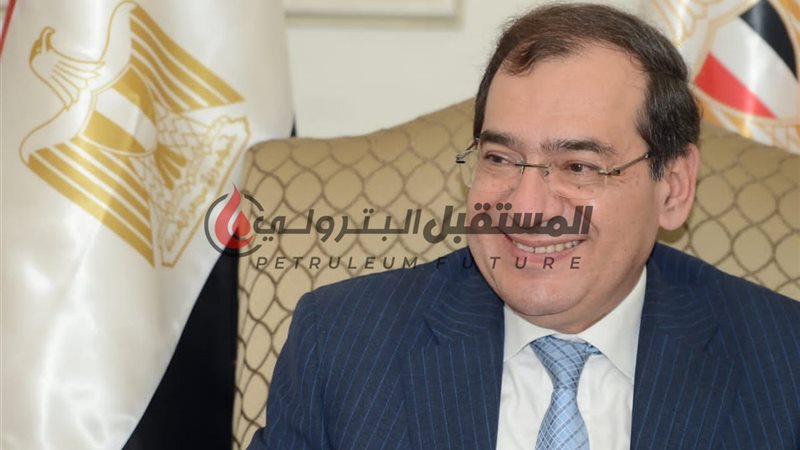Can Tarek El Molla’s Tenure Be Evaluated 11 Months After His Departure?

Engineer Tarek El Molla remains one of the most prominent figures to have led Egypt’s petroleum sector during a highly sensitive and transformative period. He served as Minister of Petroleum and Mineral Resources from September 2015 until the cabinet reshuffle in March 2024. Over nearly nine years, El Molla left a distinct mark—one that has sparked much debate and varying assessments within and beyond the sector. While some consider him the architect of Egypt’s modern petroleum renaissance, others argue that several crucial issues remained unresolved under his leadership.
One of his most notable achievements was spearheading a comprehensive reform vision that transformed Egypt into a regional energy hub. This included achieving self-sufficiency in natural gas in 2018, with the giant Zohr field entering production under his direct oversight. Furthermore, Egypt solidified its position on the regional gas trade map through strategic agreements with Cyprus, Greece, and Israel, and by developing the liquefaction terminals in Damietta and Idku for LNG exports.
El Molla also adopted a gradual plan to lift fuel subsidies, in alignment with Egypt’s broader economic reform agenda, and introduced an automatic pricing mechanism for fuel. His tenure saw the sector attract over $30 billion in foreign direct investment for exploration and production activities, along with the signing of hundreds of new exploration agreements. In 2016, he launched the Modernization and Development Project for the petroleum sector, which included seven key programs focused on digital transformation, human capital development, and enhanced governance and transparency.
Additionally, the ministry under his leadership succeeded in settling a significant portion of arrears owed to foreign partners, which helped restore investor confidence and ensured the continued flow of investment.
However, El Molla’s term was not without its criticisms. Among the most pressing concerns was the underwhelming outcome of new gas discoveries following Zohr, which failed to match the field’s size or impact—raising doubts about long-term sustainability. There were also periodic shortages in petroleum products, such as LPG and fuel oil, despite the ministry’s repeated assurances of sufficient reserves. Challenges also persisted in refining and distribution infrastructure, notwithstanding announced modernization efforts.
Another area of criticism involved employee grievances—particularly in public sector companies—regarding stagnant wages, unequal benefits compared to their counterparts in joint ventures and private companies, and delays in promotions.
The workforce within the sector remains divided in evaluating El Molla’s legacy. Supporters view him as the “man of the hour”, someone who calmly and confidently repositioned Egypt on the global energy map and restored the sector’s credibility. On the other hand, critics believe he was overly conservative, failing to address critical issues and running the sector with an administrative mindset rather than a bold, investment-driven approach.
While technical cadres appreciated his focus on human capital development, they often felt the pace of reform was too slow and didn’t sufficiently address deep-rooted issues among mid-level management.
It’s difficult to make a definitive judgment about Tarek El Molla’s tenure. Nonetheless, it can be said that his period in office was one of the most stable and productive for Egypt’s petroleum sector, particularly in terms of gas production, investment attraction, and subsidy reform. Yet, several structural and developmental files remained largely unaddressed.
El Molla has left office having built a more open and internationally visible sector, but he also left behind challenges that require a more daring and swift approach. The ultimate judgment of his legacy will depend on what his successors achieve—whether they can build on his accomplishments or succeed where he fell short. Time will tell whether Tarek El Molla’s tenure was the sector’s golden era or simply a midpoint in its evolution. History forgets nothing.
#Socrates





